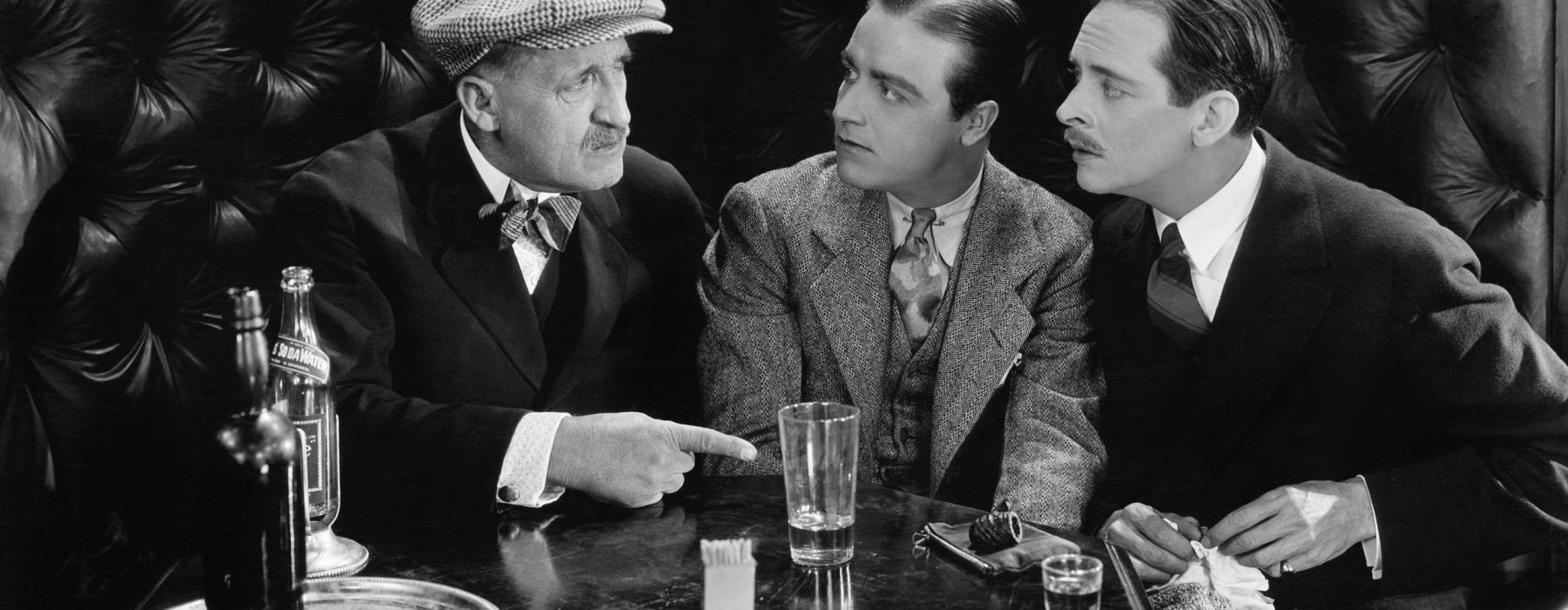I’ve mentioned before that as a journalist and perhaps as a storyteller, I’m privileged to be able to talk one-on-one with judges, barristers, politicians, businessmen, bankers and even leading names in my own profession.
I belong to a lunch club which in a quintessentially English way is called the First Tuesday club, but meets on a Wednesday. First Tuesday’s members are present or former ambassadors, with one or two special members who are not. I’m one of the specials.
No-one has yet told me why I got an invitation. I assume it’s because I’m well-travelled, have wide experience of our country’s overseas governance and that I’m as mad as the proverbial hatter.
But the diners at that table are both knowledgeable and educated. Their opinions are worth taking note of.
One of the discussions just prior to Christmas was a serious one about the loss of democracy and the rise of bureaucracy. At every level, governance in this country is in the hands of civil servants.
Maybe many of those civil servants are capable professionals. But that’s not the point. Checks and balances, which have served us so well in the past are being eroded. The executive is in charge.
I’m no misty-eyed idealist when it comes to democracy. The much-vaunted Athenian democracy in fact didn’t work and was swiftly abandoned. But I subscribe to Churchill’s view. Democracy as we know it is far from perfect, but it’s the best that we’ve got.
But we are in mortal danger of losing even that. Clearly the executive of Lewes District Council The bureaucratic dominance is spreading fast. I expressed my concern to my doctor, a very, very capable lady, that the idea of a massive medical centre for all Lewes surgeries was a poor initiative when it came to patient care and those of us who valued the intimacy of medical staff we knew. She assured me that it was merely a medical centre and use of our own clinic would remain intact.
Surprise, surprise. A patient at one surgery was both astonished and upset after asking for an appointment at what she thought of as her doctor’s clinic, to receive a call from a different one. In communication with the senior medical man at the first surgery, it appeared that surgery systems are almost completely controlled by the practice manager.
A seasoned politician confirmed that swaps between surgeries was now common in Lewes, in readiness for the promised joint medical centre. Plainly what the doctors believe is contrary to what is now common practice. Bureaucracy strikes again. Managers are making decisions that impact on our health. Bureaucracy is in charge.
There are many more instances of the executive running national, regional and local institutions where elected representatives should be in charge.
Why, in a town where in 1264 there was a bloody battle fought in the name of democracy, is the executive taking over faster than almost anywhere else?
“Strap your broadsword on, old boy,” they suggested, “the Battle of Lewes might have to be refought.”
Yes, it bloody well will be if some bureaucrat tries to change my doctor. •

